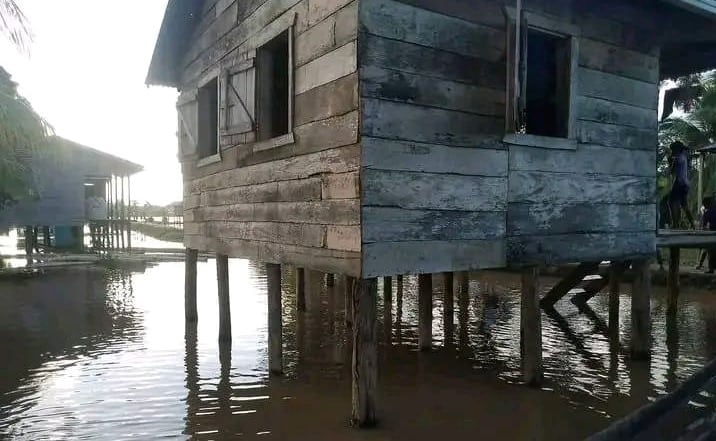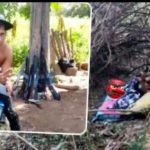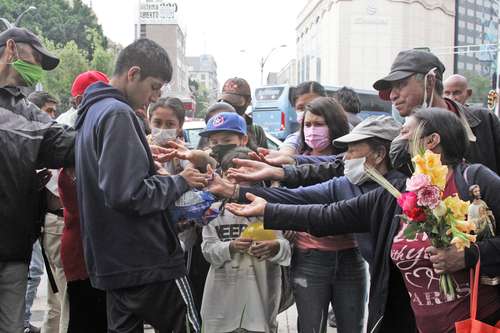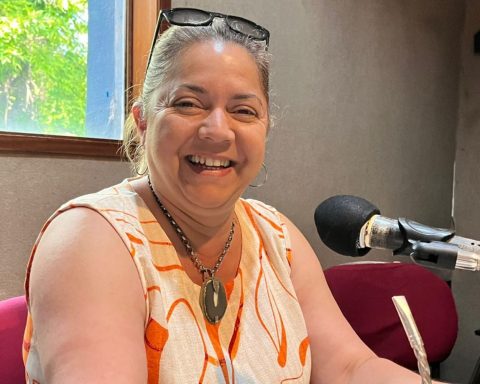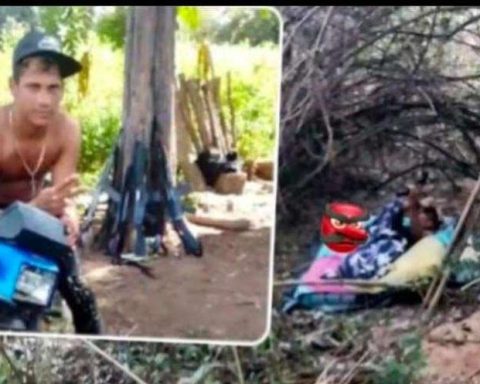More than 30 communities of the Li Lamni, Li Aubra and Wangki Maya indigenous territories, bordering the Coco River, in the municipality of Waspam, North Caribbean of Nicaragua, are in a situation of food emergency, since the crops that they would harvest, between the end of July and early August, were devastated by the floods left by the rains of the last month.
“José”, defender of the rights of indigenous peoples, explained that they have verified, thanks to visits on-site and to the communication they have with community leaders of those territories, that more than 30 communities were affected by the floods, which especially devastated crops of rice, beans, musaceae, corn, among others.
“The situation in the territories of Li Lamni, Li Aubra, Wanki Maya, is very difficult with the issue of food security, income generation, in addition to the outbreak of diseases. There is a lot of hunger, shortages (…) as well as state abandonment and lack of an investment plan to strengthen community agriculture and income generation,” he explained.
“The floods have destroyed everything”
“Petronila”, 47 years old, is one of the community members of the Li Aubra territory affected by the losses of her crops. The woman explained to CONFIDENTIAL who in their community live from agriculture, growing corn, rice, bananas, beans, quequisque, cane and malanga, but lamented that this year “they have suffered a lot because the floods have destroyed all our crops.”
“The problem is very big in the communities. The rice we planted was completely covered by the water, by the mud, and it was going to be harvested in August, but now it won’t even be possible to eat that, so it’s a serious problem”, he stated.
He added that other damages they have in the territory are linked to the death of their animals, which they sold to have income and buy food that they do not produce, added to the proliferation of diseases such as influenza and malaria, especially in minors.
“Pedro”, 27, a resident of the Li Lamni territory, also warned of the food problem suffered by the communities in his territory, stressing that it is urgent that the authorities and civil society support them with “food for immediate consumption, because the families they cannot wait for a next harvest.”
He explained that in the Li Lamni territory the communities have been “severely affected” since mid-June, when the floods began, since “when crops spend a long time under water they rot” and many lost their banana, rice and corn crops. .
“The harvest was lost and that causes a serious food problem, especially with the children’s food,” he stressed.
Both community members agree that it is urgent that the authorities support them with seeds and tools to replant the land. In addition, they request that the community health posts be supplied with medicine, since there are outbreaks of disease and they do not get any type of medicine.
Communities Urge Support to Mitigate Food Crisis
“José” explained that some of the communities affected by the floods are: Sang Sang, Asag, Kitaski, San Esquipula, Krasa and Santa Rosa, in Li Lamni; Polo Paiwas, Klisnak, Cocal, Naranjal, Esperanza, Santa Fé, El Carmen, Wis Wis, Santa Ana, Lagun Tara, San Jerónimo, Bul Sirpi, San Alberto, in Li Aubra.
In the Wangki Maya territory, he mentioned KiwasTara, Raya Pura, Auhya Pura, Andris, Belen Klampa, Boom, Sawa, Uran, Neblina, Sih, Livinkrik, Utla Mahta and Planhkira.
The defender highlighted the importance that these communities receive “support in their forms of agricultural production, in promoting the generation of income with the forest standing and improving the generation of circular economy between communities.”
“People have no way of moving forward on their own, they need support,” he stressed.
On July 15, the Prilaka Foundation reported – through its social networks – that the Wangki Maya indigenous territory was in a “state of emergency”, since “the floods continue to cause famine and disease”.
In addition, they warned that in the coming months the indigenous communities surrounding the Coco River will require “humanitarian support for food and collaboration for the rehabilitation of their agricultural capacities.”
